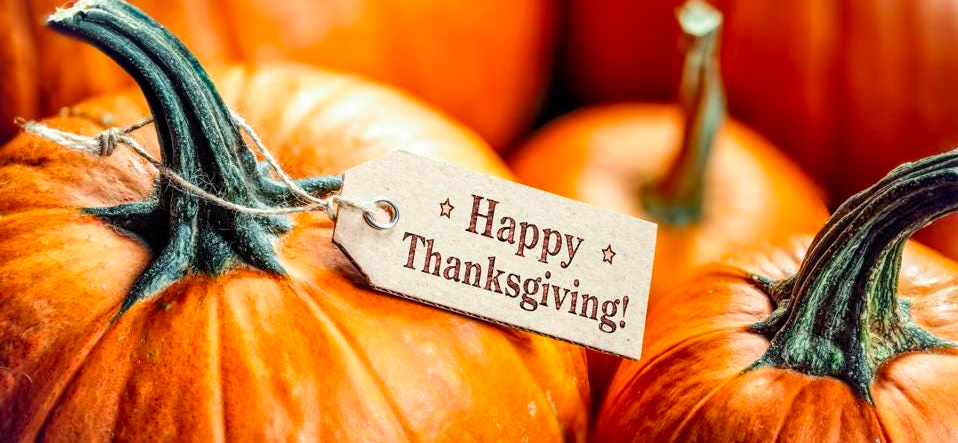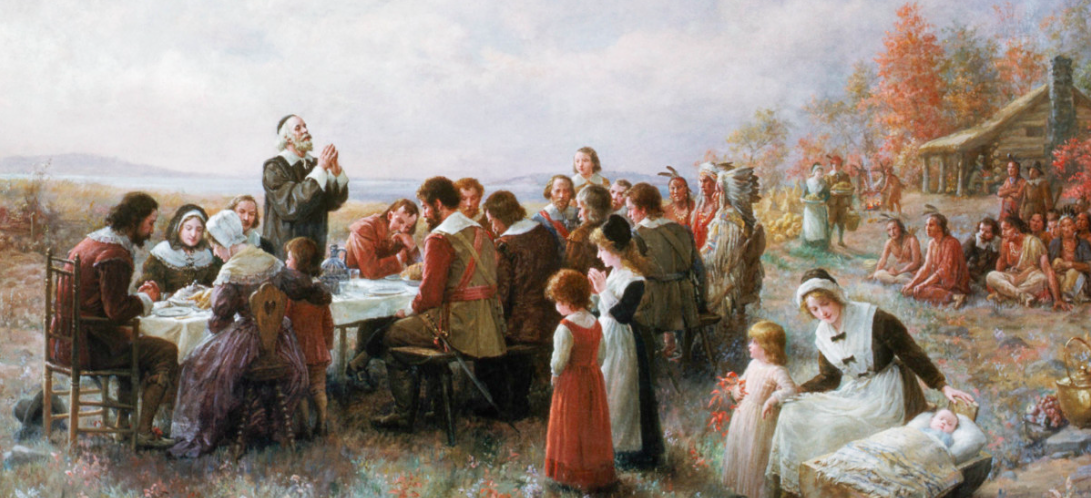Simply from observation, it seems that some people are rarely thankful, or at least they don’t act like they are. Why would that be so?
Perhaps they think they deserve the good things that happen to them. They may feel they have earned everything on their own, so there’s no need to be thankful to anyone else. Or, maybe they are just not very happy inside, and they have made the choice—unconsciously—to focus on the negative aspects of life more than appreciating the positive ones.
Other people may appear to be thankful sometimes, but only when everything is going well for them. There’s nothing wrong with being happy when good things happen. As long as our thankfulness doesn’t stop there.
Because we should also learn to be thankful when things go wrong, as hard as that may seem to be.
How Tough Times Make Us Thankful
Feel thankful when times are bad? Is that realistic, or even possible? To praise God when we are in pain?
Perhaps not on our own, but if we lean on God’s understanding and learn from experience, we can begin to appreciate what that means.
Because there is more to feel thankful for after going through tough times. Trials are when we develop a more realistic perspective of what life is all about. And when our faith is stretched, we often grow the most. During tough times, we develop a depth of appreciation we would not achieve otherwise. In fact, sometimes our biggest strengths and most profound blessings come out of our toughest times.
For example, I am thankful now for many things I did not use to think about very much. Such as the small comforts of home, like a warm bed, and relative security rather than ongoing anxiety, because there was a time in the past when we had financial struggles.
I am thankful for the contentment of a day when I engage in things that matter rather than lapse into recreational self-indulgence or self-protective numbness with alcohol, because I used to often seek that escape. But now it feels good giving thanks as I go to bed at night.
I am deeply thankful for the love and purpose that faith brings. I didn’t always know God personally, and I remember that emptiness, so I greatly appreciate the hope God offers to us. This is an enduring gratefulness that supersedes the problems that use to bring me down.
“When things get worse in this world of ours, it is no evidence that God is absent or indifferent. Quite the contrary. These signs are evidence that God is very near, that every part of His plan and purpose is being fulfilled, just as His Word has promised us.”
I believe thankfulness is sometimes given to us by God to help us understand what life is really about.
Because I am also deeply appreciative for some things I have not had to experience. Such as being homeless, or personally facing a serious disease, or not having family members that love me. There but for the grace of God go I. But I also know that God is strong enough and loving enough to help me through anything that comes along in the future.
Where does thanksgiving come from? Much of the time, we discover it through tough times and hard-earned experience. But, sometimes, it comes as a gift, if we are open enough to receive it.
The Origin of Our Thanksgiving
Trials bring us a deeper perspective that makes giving thanks more heartfelt.
The winter before the first Thanksgiving in 1621, the colonists suffered greatly from exposure and disease. Only half of the Mayflower’s original passengers and crew lived to see their first New England spring. In November, after the Pilgrims’ first corn harvest proved successful, they saw the need to organize a celebratory feast, which is now remembered as America’s “first Thanksgiving.”
The Pilgrims held their second Thanksgiving celebration in 1623 to mark the end of a long drought that had threatened the year’s harvest.
In 1789, George Washington issued the first national Thanksgiving proclamation in gratitude for the end to the country’s deadly war of independence. The very origins of thankfulness in our country grew out of the trials that early Americans faced.
“Circumstances that rip out the walls of our own self-sufficiency are God’s blessings in disguise. We can truly thank God for them and praise Him for every blow that removes more of the illusion that we have the ability to handle our own situation.”
A Deeper Level of Appreciation
Where does thanksgiving come from? Sometimes, it’s from those tough times we face when finding something to be thankful for becomes a desperate struggle for faith. The pain of our deepest trials can lead us to a whole new way of living.
Maybe the light of morning is brighter after we have struggled through the darkness of night. Perhaps being satisfied is only truly appreciated after one has been hungry. And feeling good is most meaningful when we have also endured pain.
“Praise is acceptance of what God has brought into our lives. We practice this attitude of praise by an act of our will, by a decision to praise God regardless of how we feel.” (all quotes are from “Power in Praise” by Merlin R. Carothers)
When it comes down to it, thankfulness is a choice.
When things go wrong, it’s okay to feel sad, or frustrated, or hurt, or frightened. It’s okay not to be okay sometimes, but we don’t have to stay that way. Instead, we can choose to see the lessons in our trials and the blessings that can come from pain.
If we were designing how things worked in life, we would make it easier than that. But that’s not our call. Instead, it’s our job to find thanksgiving wherever it can be found. Including—even especially—from the tough times.
Question: This year, how many things can you write down that you are thankful for?
Action: Think of a tough time you have had and how it can make you more thankful.



